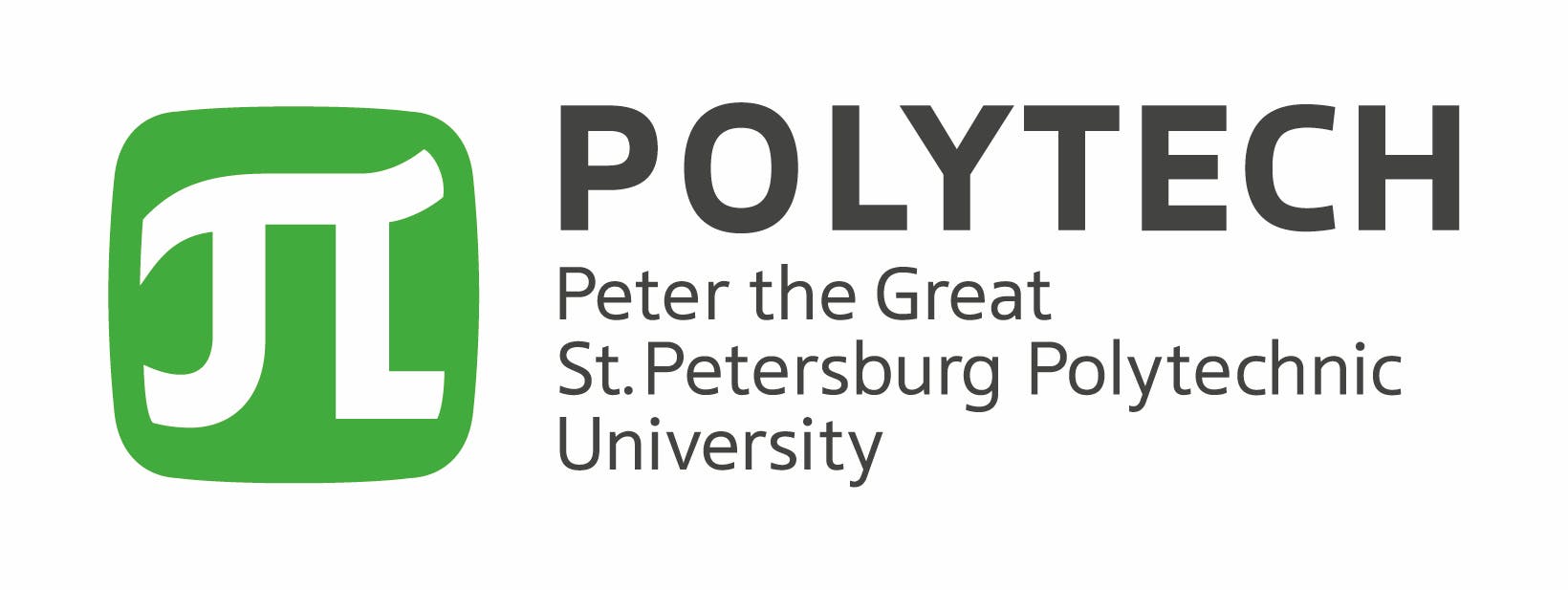SPbPU: In touch with the world: the release of the new SPbPU International Review digest
The SPbPU International Review Digest has been published for almost a year now. The regular English-language publication of Polytechnic University was the most important innovation of 2020, which, despite the borders closed due to the pandemic, connected friends, partners, and foreign colleagues of Polytechnic University and gave an opportunity to get acquainted with the scientific developments of scientists and researchers, to get new ideas and even to negotiate the creation of new scientific groups.
Issues of 50-60 pages introduce foreign audiences to the key events, achievements, projects, and discoveries of Polytechnic University, which the university implements independently or in partnership with foreign universities and companies. Each new publication arouses interest on the part of foreign partners and serves as a source for new ideas. Many foreign friends and alumni of Polytechnic University themselves become the heroes of the issues. For example, Professor Frank RLAGENER from the Technical University of Applied Sciences Cologne (visiting professor of the SPbPU Institute of Civil Engineering) gave a detailed interview specifically for the SPbPU International Review, in which he accentuated that thanks to the digest he felt a connection with Polytechnic University again, despite a year of distant work.
The fourth issue of the SPbPU International Review focuses on the main international events of Spring 2021, including the story about how Polytechnic is the only university in Russia that participated in the Global Universities Presidents’ Forum and presented its mission of sustainable development. It has materials about the fruitful cooperation with our strategic partner, Tsinghua University, in China and its 110th anniversary; about the developing partnership with the Ministry of the Federal Land of Mecklenburg-Vorpommern (Germany); about the reopening of the campus of Polytechnic University and the most important conferences, results of scientific projects, new joint publications, cooperation with companies. You can read these and many other materials on the pages of the new digest – as well as see previous issues in a special section on the SPbPU website.

